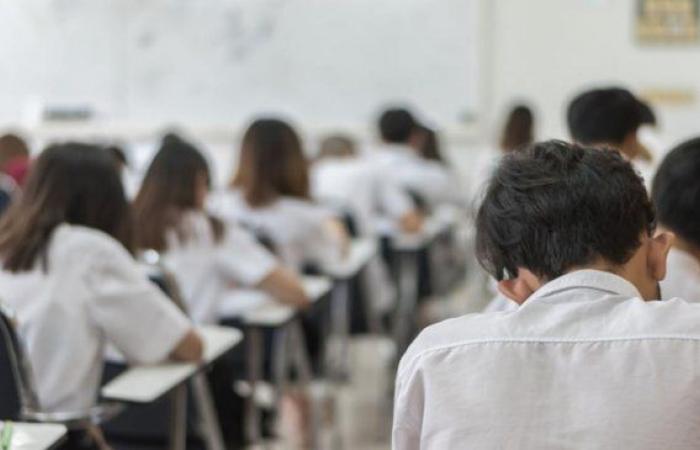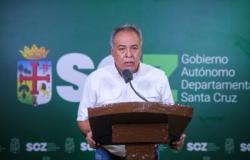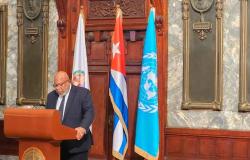For the second stage of the year, the secondary school will go through a time of transition towards the new model in which repetition will be put aside. Training for teachers, information for families, and intensive work with students of different years, mainly from second to fifth grade. For its part, the Buenos Aires Education management stressed that the new system will be similar to the university scheme.
All the reforms that will be applied will be for 2025, but after the winter holidays they will begin to work in secondary schools with a mix: what there is at the moment and what is coming for 2025.
“We have been working hard for two years. This year there was consensus, the proposal was greatly improved. Repetition doesn’t solve anything. In neighboring countries and in different provinces of the country the new system is already being implemented,” indicated the Association of Private Education Institutes of the province of Buenos Aires (Aiepba).
Martín Zurita, executive secretary of Aiepba, indicated that “the educational community had been working hard for a long time and there was important progress in this proposal. In fact, Aiepba made several contributions.”
“The changes will be in 2025 and it is important that schools and families internalize the reforms,” he added.
“What we all agree is that secondary school, as it is planned, has to change. It is important that this be a starting point,” said the leader.
For his part, Alberto Sileoni, general director of Culture and Education of the province of Buenos Aires, explained that the project to end repetition in secondary schools seeks to establish a model “more similar to the university”, although with “accompanied demand.” .
“It’s something more similar to how you walk through university. For example. I’m not going to say I repeated my second year, because in college you don’t repeat, it takes a little longer. “Many kids in high school take a little longer,” she exemplified.
“It does not mean that because there is no repetition it will be a ‘long live Pepa’, but we are going to have a more attentive look at the accompaniment. If you have exceeded the number of subjects you owe, you will be able to take some of them counterclockwise,” said Sileoni and detailed, in journalistic statements, that “the system has two semesters, we return to the numerical grade, you pass each one with a 7, they don’t give you anything nor are they averaged , it is not worth 6 and 8. You do have to enter a period of intensification and study not only with regular teachers but with others who will support you, and you give up in December and February.”
In other provinces they seek to put an end to repetition or mixed models. The reforms are analyzed in Río Negro, Autonomous City of Buenos Aires and Córdoba. In Santa Fe they moved forward with a reform, but then they backed down and Santa Cruz is in a similar situation. Other provinces that were adding more alternatives for appeal and “recovery” of pending learning were La Pampa, La Rioja, Neuquén, Chaco, Misiones, Jujuy and Salta.






